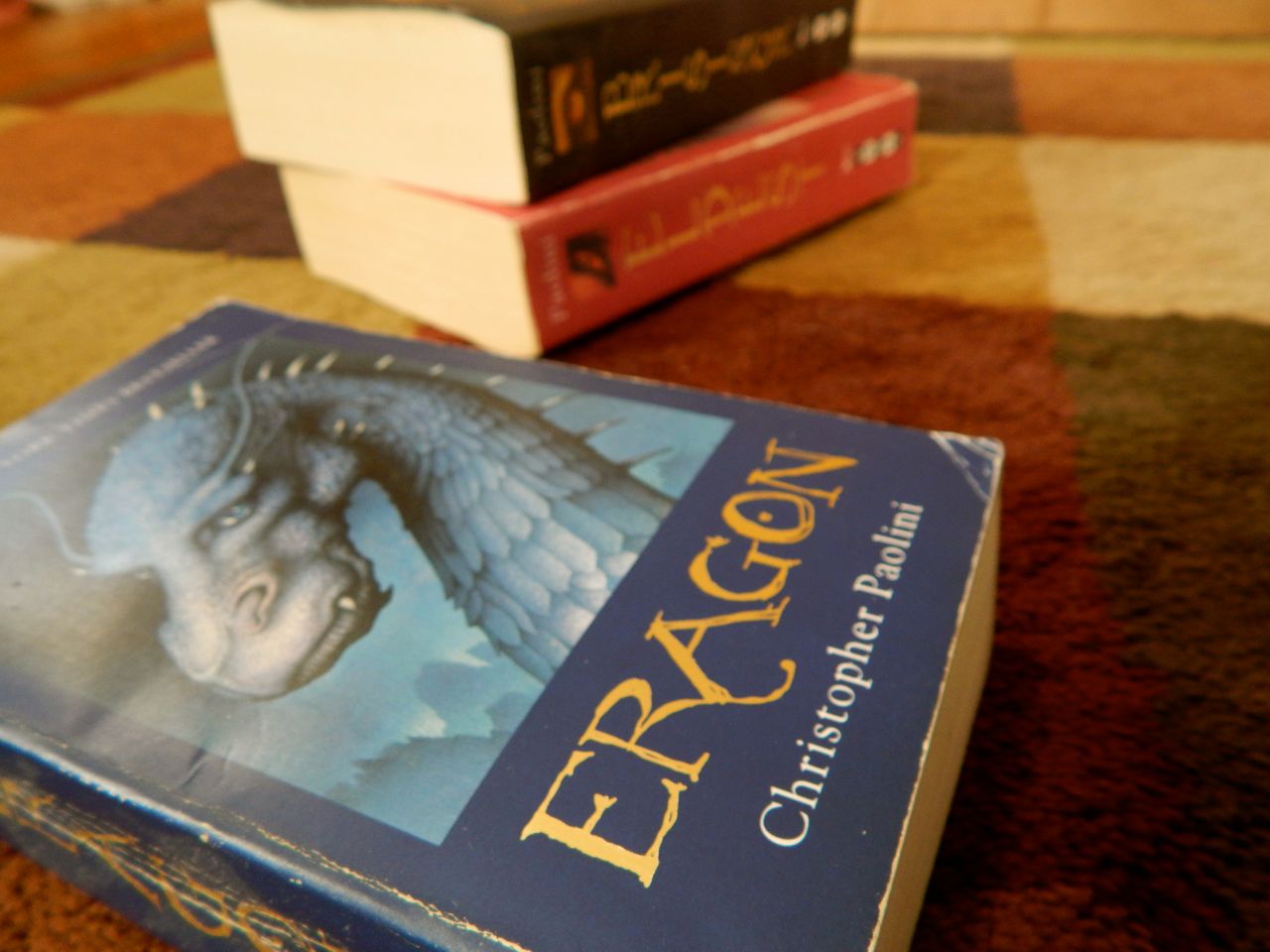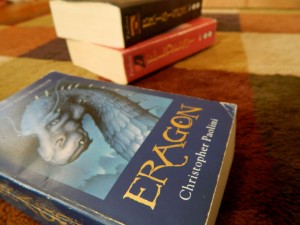What is the first thought that pops into your head when you wake up to a steady rain? You know the kind… large drops of water falling from the sky – not too hard, not too soft – just nice and steady all day long.
Many people consider it an interruption in their plans or a nuisance, but, for some reason, I don’t see it that way at all.
I love waking up to the sound of rain and knowing that it’s going to last for a while. Nearly everyone thinks I’m weird for enjoying it, but think about it… when it’s raining outside, it makes being inside so much more satisfying!
That feeling of getting my work done and out of the way and knowing that I have absolutely no other obligations. I mean, come on… the rain is obviously telling you to save the yard work for another day and to stay inside as much as you can! You don’t want to end up like the Wicked Witch of the West from”The Wizard of Oz,” now, do you?
Ok, that was a tad corny, but let me try to explain…
You know that scene in Disney’s Beauty and the Beast where Belle and the Beast are sitting by the fire, enjoying each others company and reading a book while the snow came down outside? Or in “Little Women” when Meg, Jo, Beth and Amy sat by the fire either working on their sewing or enjoying a book and just spending time together while the rain poured down outside their house.
Those two scenarios (and I can easily name a bunch more) are exactly what my idea of the perfect afternoon is! Hearing the constant drumming of the rain on your roof while you’re all cozy and dry in the house is what makes it so great.
Even though you’re stuck inside, the possibility are endless: you can explore new worlds between the pages of a book, watch a movie you haven’t seen in a while, play games with your family and friends (like actual board or card games), enjoy a mug of something hot, make goodies to pig out on at night while enjoying a movie/TV show marathon 🙂
When it’s gorgeously sunny, you feel almost obligated to go spend at least a little time doing something outside, whether it’s driving to the store, going for a bike ride or getting some yard work done. Don’t get me wrong, I love the warm, sunny days and I’m definitely your outdoorsy-type of girl… but not when it’s rainy and deliciously wet outside 🙂
So, the next time it rains (which might be tomorrow!) instead of complaining about how gloomy and disgusting it looks… look on the bright side. Here’s an opportunity for a guilt-free stay-
indoors day to do whatever may tickle your fancy! Read a book, watch a movie, play a game, get that project done, be a complete bum for a day….
… or literally go dance in the rain (it’s completely worth getting soaked) 🙂
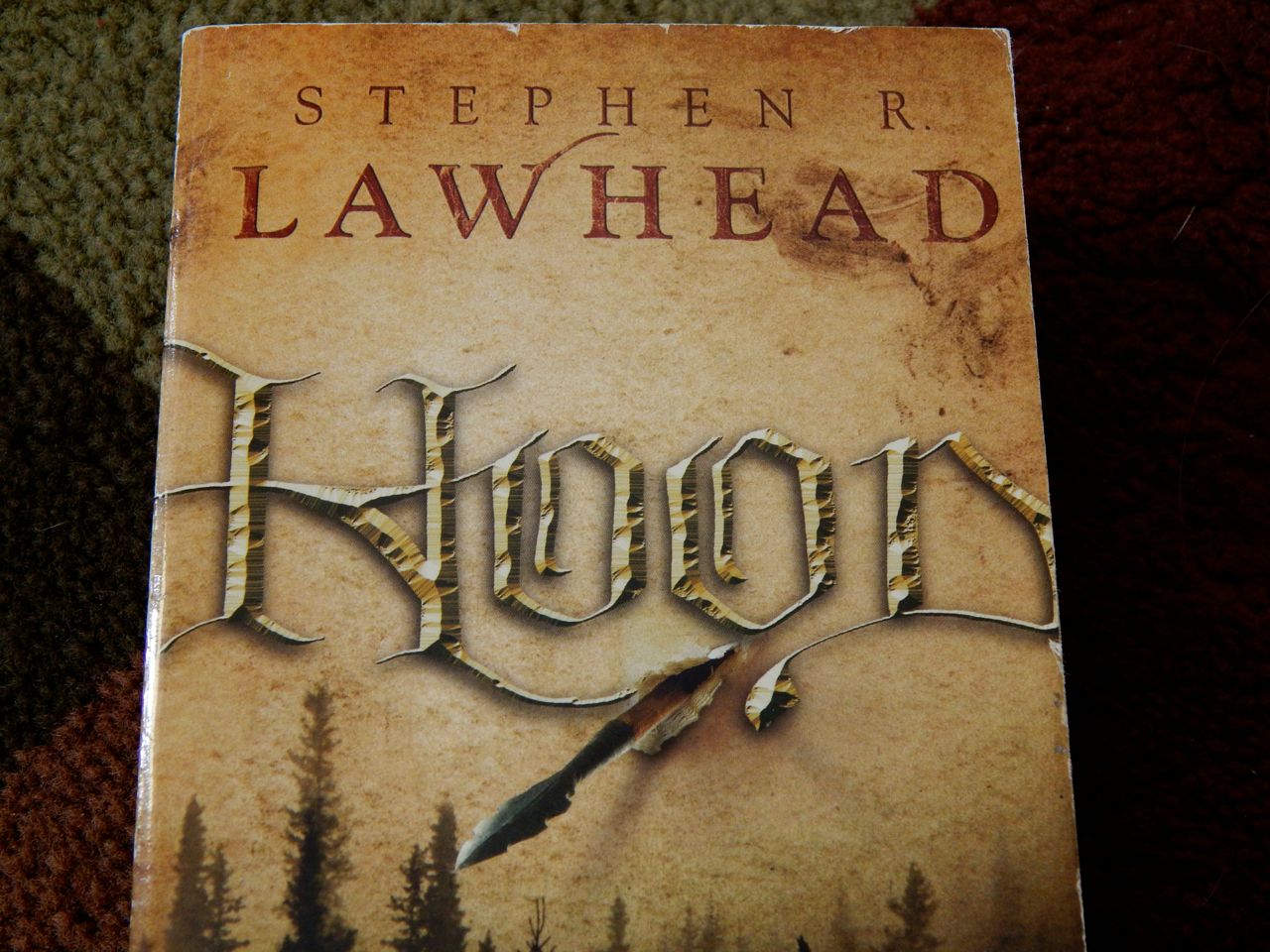
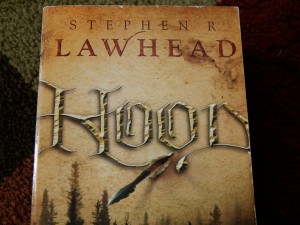
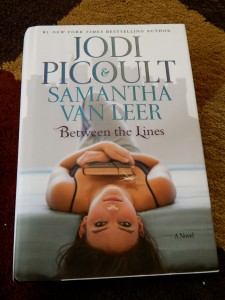 My reading speed has definitely slowed down as I’ve gotten older (haha, yeah, I know, 23 isn’t THAT old, but it can feel like it at times) and my schedule has filled up with working full-time, Bible studies, friends and family-time, but I try to get in a little reading whenever I can. If you know me well enough, you know that I always have a book with me wherever I go. There are plenty of moments where you’re forced to just stop and wait for a long period of time (waiting rooms, waiting for rides… you get the picture) and it’s nice to know that there is a book just waiting for you pick it up and get away from reality for a few minutes or longer (depending on the wait).
My reading speed has definitely slowed down as I’ve gotten older (haha, yeah, I know, 23 isn’t THAT old, but it can feel like it at times) and my schedule has filled up with working full-time, Bible studies, friends and family-time, but I try to get in a little reading whenever I can. If you know me well enough, you know that I always have a book with me wherever I go. There are plenty of moments where you’re forced to just stop and wait for a long period of time (waiting rooms, waiting for rides… you get the picture) and it’s nice to know that there is a book just waiting for you pick it up and get away from reality for a few minutes or longer (depending on the wait).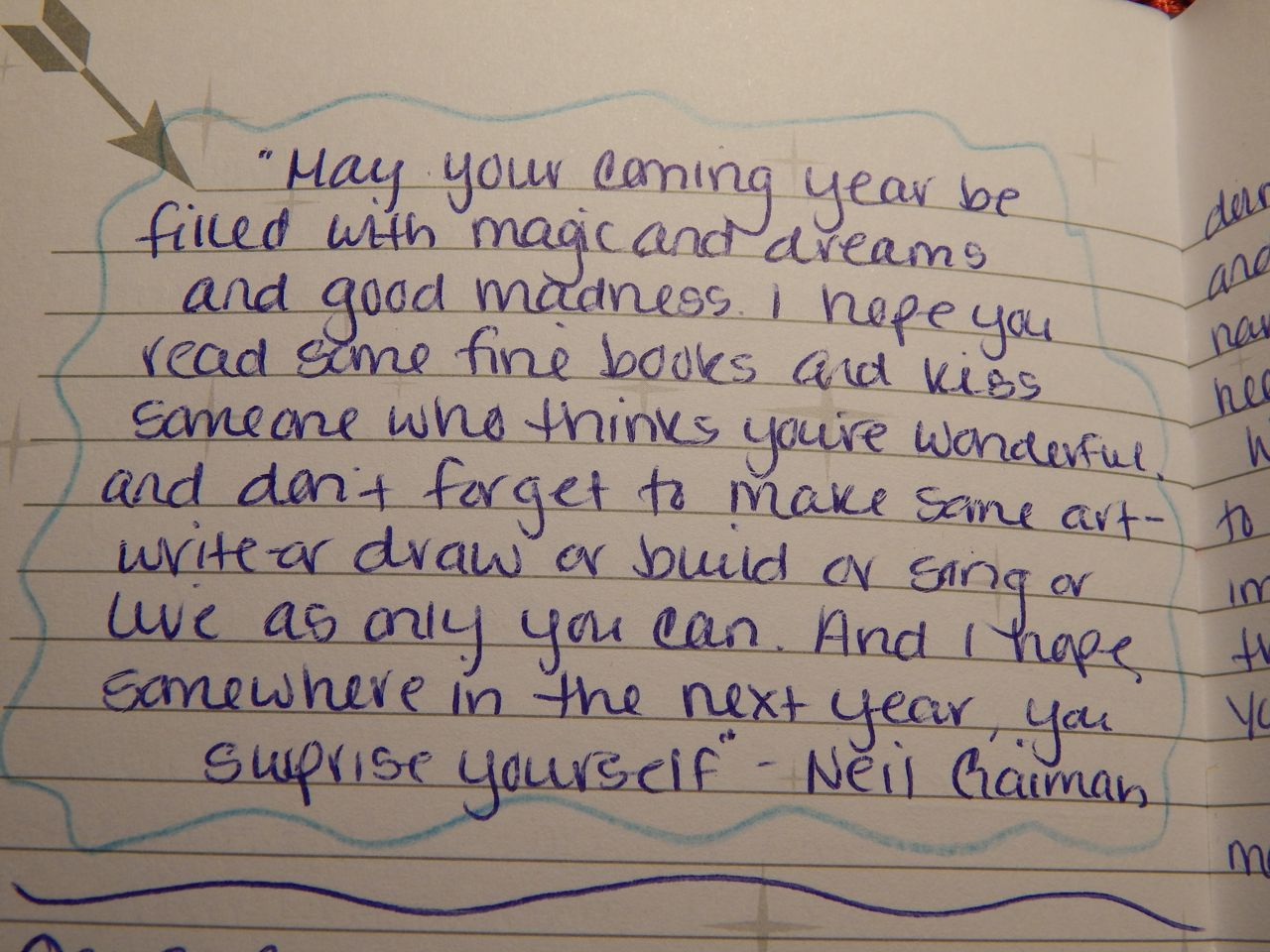
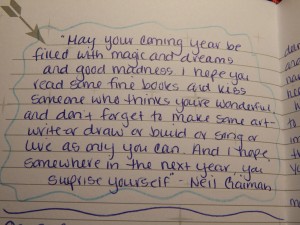 thought process doesn’t quite seem to line up at first… the only thing that matters is that you’re creating, constructing, expressing…
thought process doesn’t quite seem to line up at first… the only thing that matters is that you’re creating, constructing, expressing…

